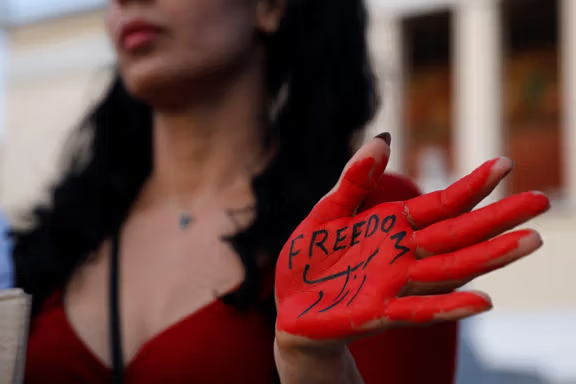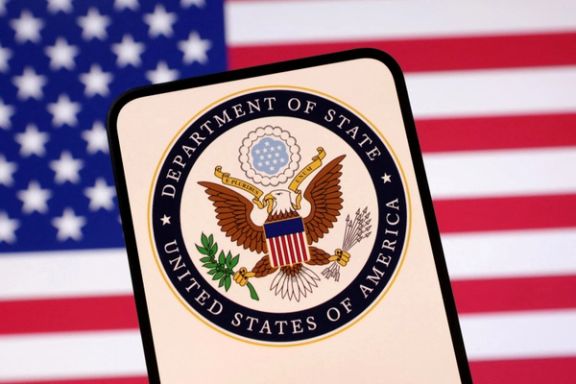From the very start of the killings, imprisonments, torture, murders and executions in the early days of the Islamic Republic, the pursuit of justice began in Iranian society.
In every era, under every condition and in every place, justice-seeking in Iran has taken on a form shaped by its social circumstances — but it has never been extinguished.
The images of the mothers and fathers of those killed and executed, the handwritten notes, the histories, the testimonies and memoirs of prisoners and torture survivors, and the protest actions carried out through public and private letters, petitions to judicial and security authorities, and appeals to international human rights bodies — all these have been part of the ongoing struggle over the past 46 years.
These acts — through their representation in poetry composed by renowned poets; in songs and ballads performed by celebrated singers from Marjan and Marzieh to the rap verses of young artists; in films created underground or in exile; in clandestine theater staged under fear; and in powerful stories penned by gifted and conscientious writers — have formed another part of our society’s effort to keep the pursuit of justice alive.
In truth, justice-seeking as a collective process has spread through every layer of society, accompanied by actions, reactions, creative and influential events and both individual and collective protests.
In recent years, civil activists have worked alongside prisoners, torture survivors, the wounded and the families of those killed and executed, bringing wider segments of society into this process and strengthening the justice-seeking movement.
Families and survivors of the executed, the killed, the imprisoned, the tortured, the abused, the oppressed and the wronged have all played a vital role in advancing this movement in Iran.
In the 1980s, when the solidarity of society, political and social forces and the broader public was not as widespread as in recent years, families endured indescribable suffering under government — and at times social — pressure, in order to plant the seeds of justice-seeking in society.
They made the historical tradition of justice-seeking in Iran richer and more meaningful.
With the continuation and intensification of the Islamic Republic’s oppression, every decade, every year and every day the number of justice-seekers has grown, as has the depth of their demand for justice.
Survivors of the 1980s executions and massacres, the chain murders, the 1999 student protests, the Green Movement, the protests of 2017 and 2019, and the “Woman, Life, Freedom” uprising have all been interconnected threads sustaining the pursuit of justice.
Together with civil, professional, social, political, and cultural circles, they have forged a powerful chain within society.
From the image of the Khavaran mother standing tall over an unmarked grave, to the embrace of Mahsa Jina Amini’s parents in a hospital corridor as they endured her final moments in pain and tears, countless scenes have been created that will remain eternal in the history of our nation’s quest for justice.
From the images of anti-execution activists outside prison walls who kept vigil with families through the night of darkness until the dawn of execution, to the journalists who paid the price of reporting and speaking with families through imprisonment, torture, solitary confinement and the silent suffering of exile — all attest to the hidden strength of the justice-seeking movement.
Justice-seeking is a path toward liberation through the realization of justice itself — justice trampled by a tyrannical government and stripped of the tools to achieve it. In the wasteland of injustice and oppression, justice-seeking is a lamp to light the way, a hope in the darkness of despair and an effort to resist defeat and passivity.
Our society, in its pursuit of justice and its struggle to expose oppression and discrimination so that history cannot erase them, stands among the greatest in the world.
Long live the justice-seeking movement.















